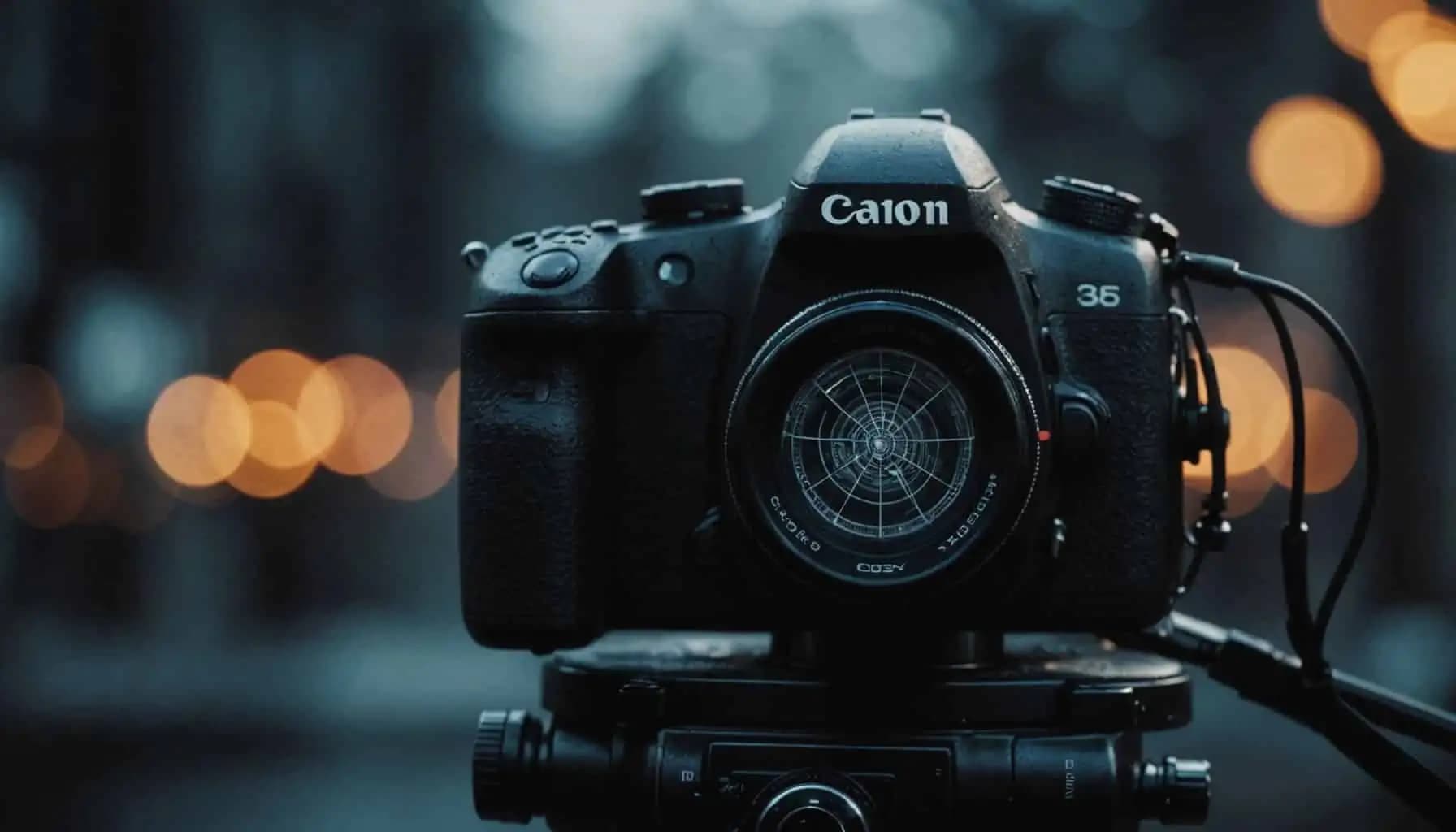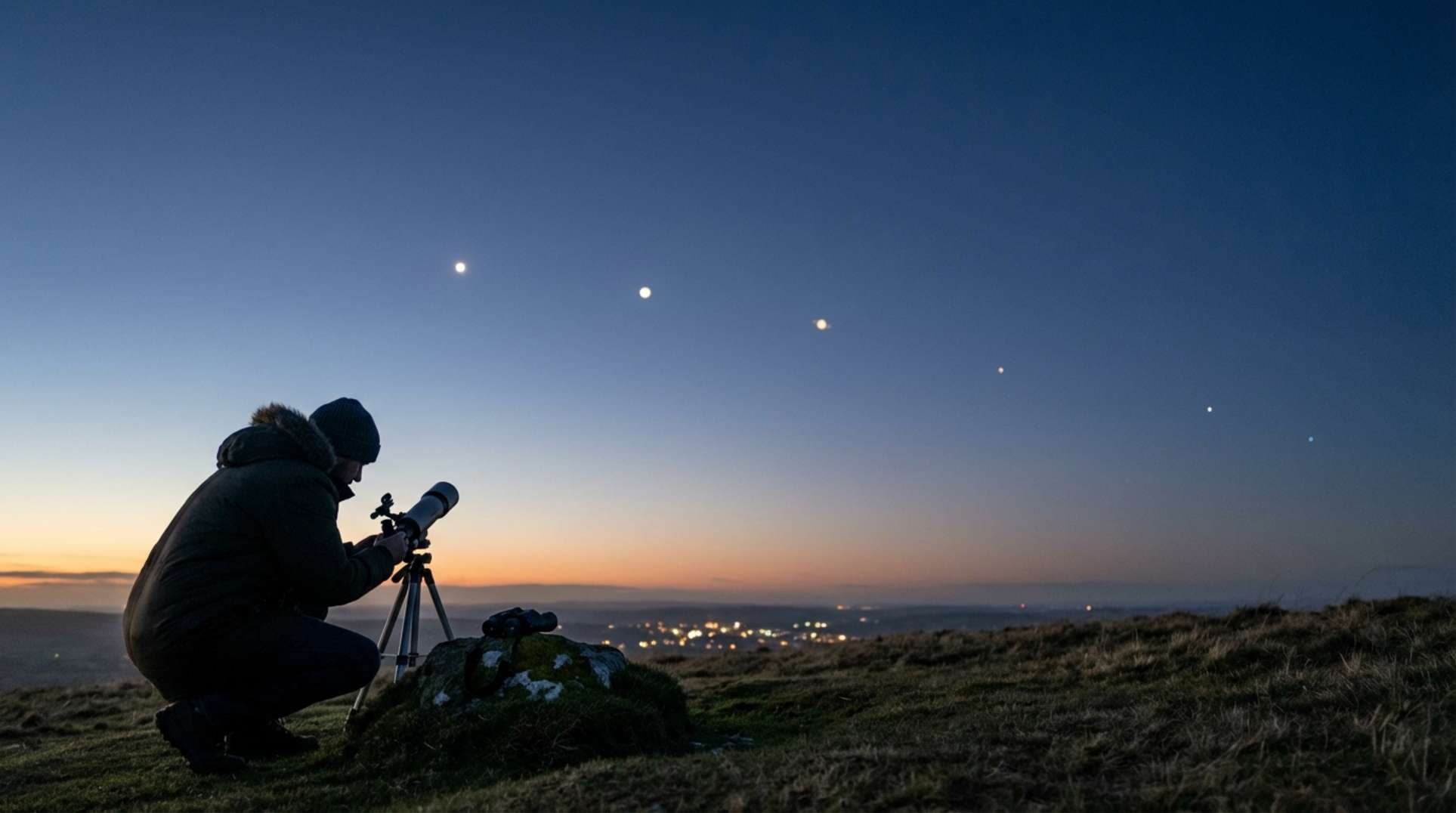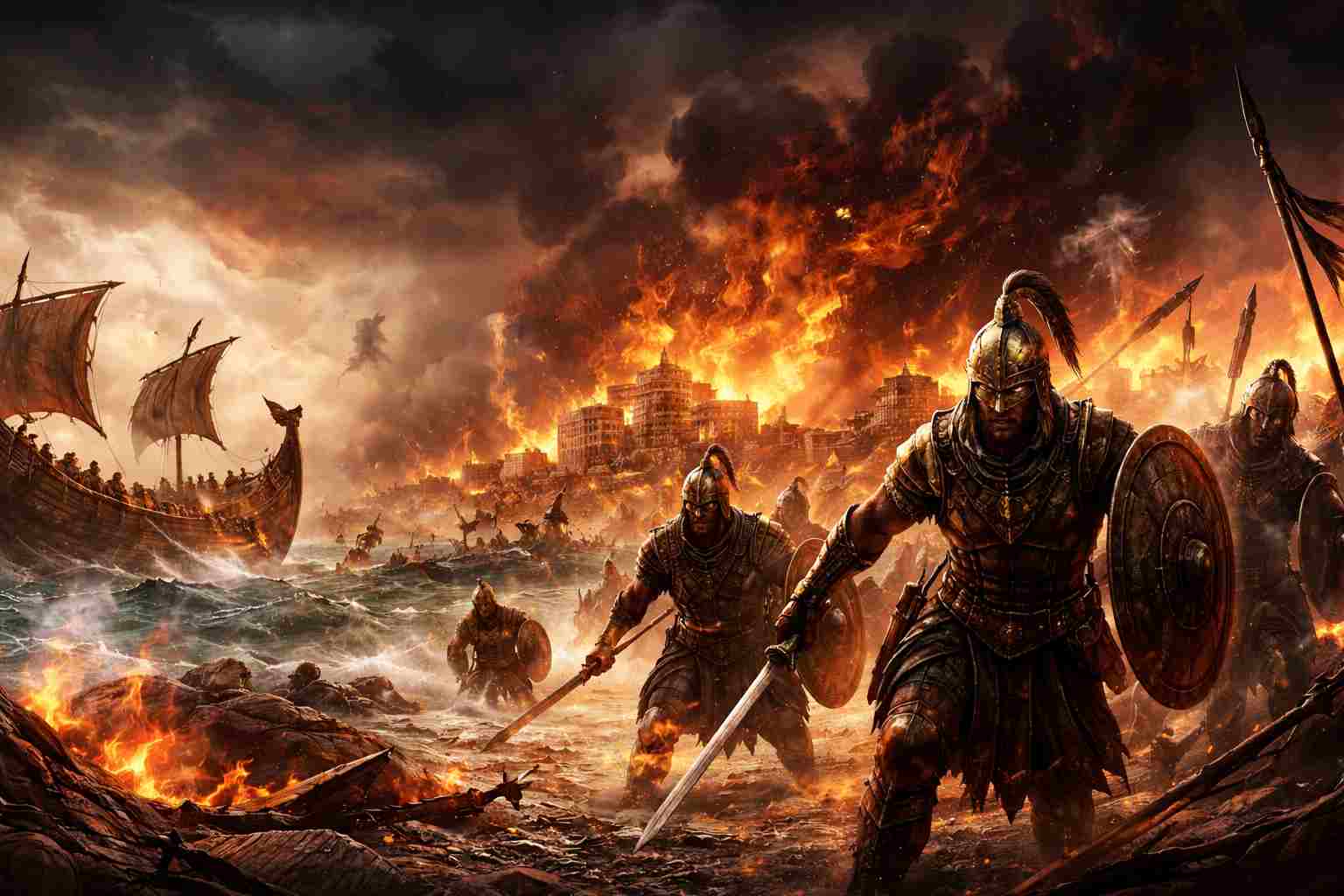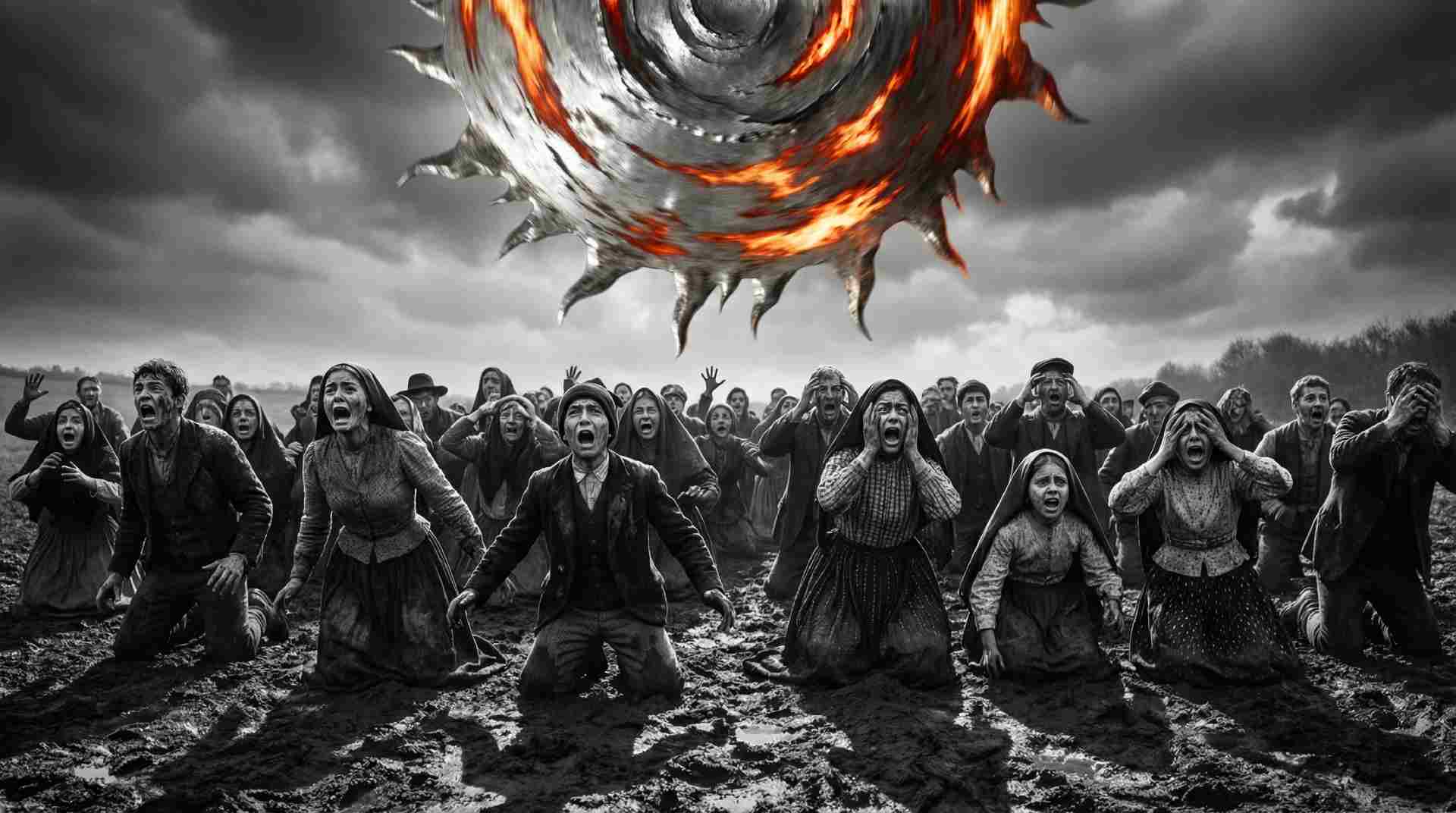Conspiracy theories have always been a part of human history, but recent events have made them even more common. From political events to global crises, these theories are popping up everywhere. This article will explore how current affairs shape and spread conspiracy theories, making them a significant part of our daily lives.
Key Takeaways
- Media, including news outlets and social media, plays a big role in shaping and spreading conspiracy theories.
- Political events, like elections and government actions, often lead to a rise in conspiracy theories.
- People are drawn to conspiracy theories because they offer simple answers to complex problems and help them feel in control.
- Global crises, such as pandemics and economic downturns, often result in a surge of conspiracy theories.
- Advances in technology, including artificial intelligence and social media algorithms, make it easier for conspiracy theories to spread.
The Role of Media in Shaping Conspiracy Theories

How News Outlets Influence Public Perception
News outlets play a huge role in shaping how we see the world. They decide what stories to cover and how to present them. This can make certain ideas, including conspiracy theories, seem more believable. When news outlets repeatedly cover a conspiracy theory, it can start to feel like it’s true, even if it’s not. This is why it’s important to get news from multiple sources and think critically about what we read.
The Impact of Social Media Algorithms
Social media platforms use algorithms to show us content they think we’ll like. This can create echo chambers where we only see information that matches our existing beliefs. Conspiracy theories can spread quickly in these environments because the algorithms keep showing them to people who are likely to believe them. Some platforms are trying to fix this by labeling false information or removing harmful content, but it’s a tough job.
Case Studies: Media Coverage and Conspiracy Theories
There have been many cases where media coverage has helped spread conspiracy theories. For example, during the COVID-19 pandemic, some news outlets and social media platforms spread false information about the virus and vaccines. This made it harder for people to know what was true and what wasn’t. By looking at these case studies, we can learn how to better spot and avoid misinformation.
It’s clear that media has a big impact on the spread of conspiracy theories. By being aware of this, we can make better choices about where we get our information. Support more articles like this to stay informed and think critically.
Political Events and Their Influence on Conspiracy Theories
Election seasons are like a breeding ground for conspiracy theories. Politicians often exploit these theories to gain an edge. Misinformation spreads like wildfire during campaigns, making it hard to separate fact from fiction. We’ve all seen how rumors can sway public opinion, right?
When governments aren’t transparent, people start to speculate. Lack of information leads to mistrust, and mistrust fuels conspiracy theories. It’s a vicious cycle. If we don’t know what’s going on, our minds fill in the gaps, often with the worst-case scenarios.
Political leaders have a huge influence on what people believe. When they endorse or even just mention a conspiracy theory, it gains credibility. Shows like Into the Parabnormal with Jeremy Scott often discuss how leaders can manipulate public perception. It’s scary how much power they have over our beliefs.
Political events shape our world, but they also shape our minds. The next time you hear a wild theory, think about who’s benefiting from it.
The Psychological Appeal of Conspiracy Theories
Cognitive Biases and Conspiratorial Thinking
We all have cognitive biases that shape how we see the world. These biases can make us more likely to believe in conspiracy theories. For example, when we feel uncertain or threatened, our brains look for patterns to make sense of things. This can lead us to see connections that aren’t really there. Cognitive biases can make us think that random events are part of a bigger plot.
The Need for Control and Understanding
When life feels out of control, conspiracy theories can offer a sense of order. They give us a way to explain the chaos around us. This need for control is especially strong during times of crisis. Believing in a conspiracy can make us feel like we have special knowledge that others don’t. It can be comforting to think we understand what’s really going on.
Social Identity and Group Dynamics
Conspiracy theories can also strengthen our social identity. When we believe in a conspiracy, we often join a group of like-minded people. This can make us feel connected and important. Being part of a group that shares our beliefs can boost our self-esteem. It can also make us more resistant to outside information that challenges our views.
In a world full of uncertainty, conspiracy theories offer a way to make sense of the chaos. They tap into our need for control, understanding, and social connection. While they can be comforting, they also shape our understanding of the unexplained in ways that aren’t always based on reality.
Whether it’s through media, politics, or technology, current affairs play a big role in how these theories spread. Shows like Into the Parabnormal highlight how sensational stories can capture our imagination and influence our beliefs.
Global Crises and the Surge in Conspiracy Theories
When the world faces big problems, conspiracy theories often pop up. It’s like clockwork. Global crises make people feel scared and unsure. They look for answers, even if those answers are wild and untrue. Let’s dive into how different types of crises fuel these theories.
Technological Advances and Modern Conspiracy Theories
The Role of Artificial Intelligence
Artificial Intelligence (AI) is a game-changer. It’s everywhere, from our phones to our homes. But with great power comes great suspicion. Some believe AI is part of a secret agenda to control us. They argue that AI could be used to monitor our every move. This fear isn’t entirely unfounded. AI can analyze vast amounts of data, making it a powerful tool for surveillance.
Deepfakes and Digital Misinformation
Deepfakes are scary. They can make anyone say or do anything on video. Imagine a world where you can’t trust what you see. This technology has fueled many conspiracy theories. People worry that deepfakes could be used to manipulate elections or start wars. The line between reality and fiction is getting blurrier every day.
Surveillance and Privacy Concerns
We live in a world of constant surveillance. Cameras are everywhere, and our online activities are tracked. This has led to fears of a Big Brother society. Some believe that governments and corporations are watching our every move. These concerns are not new, but technology has made them more relevant than ever.
The medieval period proved the perfect breeding ground for what we have come to know as conspiracy theories, and one particular king, Philip IV of France, could be seen as an early example of how power and secrecy can fuel suspicion.
In conclusion, technology is a double-edged sword. It offers incredible benefits but also raises serious concerns. As we move forward, it’s crucial to stay informed and vigilant. The Secret Teachings remind us that knowledge is power, and we must use it wisely.
Cultural Factors in the Spread of Conspiracy Theories
Over the past five years, we’ve seen a growing understanding of how conspiracy beliefs are shaped by a nation’s culture, economic conditions, and political realities. For instance, collectivist cultures, which emphasize group identity, are more likely to see conspiracy theories coalesce into communities. In contrast, individualist cultures may nurture these theories among ‘loners.’ Economic inequality and populist governments can also push people towards conspiracy thinking.
Pop culture and entertainment play a huge role in spreading conspiracy theories. Shows, movies, and even music often include elements of conspiracy, making them more relatable and believable. Podcasts like The Secret Teachings with Ryan Gable dive deep into these topics, blending entertainment with conspiracy analysis. This mix makes it easier for people to accept and spread these ideas.
Different regions have unique conspiracy theories based on their historical and cultural backgrounds. For example, in some areas, government mistrust fuels theories about surveillance and control. In others, economic struggles might lead to financial conspiracy theories. These regional differences show how local culture and history shape the types of conspiracies that gain traction.
Understanding these cultural factors helps us see why certain conspiracy theories thrive in specific environments. It’s not just about the theories themselves but the cultural soil in which they grow.
Cultural factors play a big role in how conspiracy theories spread. Different cultures have unique beliefs and ways of thinking that can make them more or less likely to believe in certain theories. If you’re curious to learn more about this topic, visit our website for exclusive content and in-depth research.
Conclusion
In conclusion, current events play a significant role in shaping and fueling conspiracy theories. From political turmoil to global health crises, these events provide fertile ground for the growth of speculative ideas. As we’ve seen, platforms like Ground Zero Radio thrive by exploring these theories, captivating audiences who seek answers beyond the mainstream narrative. While some conspiracy theories may seem far-fetched, they often reflect deeper societal anxieties and mistrust. Understanding the connection between current affairs and conspiracy theories can help us navigate the complex landscape of information and misinformation. It’s crucial to approach these theories with a critical mind, recognizing the impact they can have on our perceptions and actions.
Frequently Asked Questions
What is Ground Zero Radio?
Ground Zero Radio is an online radio station that focuses on conspiracy theories, paranormal events, and current affairs. It’s known for its in-depth exploration of unexplained phenomena, captivating listeners who are curious about the mysteries of the world.
How do news outlets shape conspiracy theories?
News outlets can shape conspiracy theories by influencing public perception through the stories they choose to cover and how they present them. Sensational headlines and biased reporting can fuel conspiracy beliefs.
What role do social media algorithms play in spreading conspiracy theories?
Social media algorithms often show users content similar to what they’ve already engaged with. This can create echo chambers where conspiracy theories spread more easily because users are repeatedly exposed to the same ideas.
How do political events influence conspiracy theories?
Political events, like elections and government actions, can influence conspiracy theories by creating mistrust and uncertainty. When people feel unsure or distrustful of official explanations, they may turn to conspiracy theories for answers.
Why do people believe in conspiracy theories?
People believe in conspiracy theories for various reasons, including cognitive biases, a need for control and understanding, and social identity. These theories can provide simple explanations for complex events and help people feel more in control.
What impact do global crises have on conspiracy theories?
Global crises, such as pandemics or economic downturns, often lead to a surge in conspiracy theories. During these times, people seek explanations for the chaos and uncertainty, making them more susceptible to believing in conspiratorial ideas.




